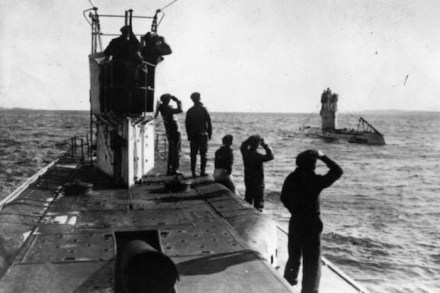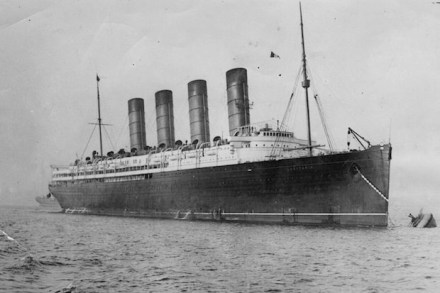Blanket
‘He’s a shy pollster.’

‘He’s a shy pollster.’

‘To go?’

‘What our company needs, Jenson, is more women — they’re so much cheaper.’


‘...not so impressive now we’ve got 3D printer technology.’

‘It’s health and safety gone mad.’


‘Crested, yes, and he’s definitely a newt. But great?’

‘I should have seen the warning signs that she was going to leave me.’
‘I’m afraid you made yourself deliberately unelectable.’
‘Technically speaking, you’ll be creating my wealth.’

Scotland’s silent majority Sir: Hugo Rifkind’s article (‘Scotland’s nasty party’, 9 May) is a first for the media. It expresses the dismay, disbelief and incomprehension felt at the rise of the SNP by least one — and I suspect many — of the silent majority in Scotland. When will the media confront Nicola Sturgeon’s claim
Plagued by stigma The World Health Organisation told doctors to stop naming diseases after people, places and animals so as not to stigmatise them. But are diseases even really associated with things that gave them their name? — Spanish flu. First identified in an army hospital in Kansas in March 1918. It gained its name
Home David Cameron, the Prime Minister, soon got used to the surprise of the Conservatives being returned in the general election with a majority of 12. He retained George Osborne as Chancellor of the Exchequer and made him First Secretary of State too. Theresa May, Philip Hammond, Michael Fallon and Iain Duncan Smith also stayed


As David Cameron lined up beside Nick Clegg and Ed Miliband at the Cenotaph on the day after the general election, he said that he had thought he would be the one writing a resignation statement that day. He may also have imagined how history would have judged him: as a so-so Tory leader who


From ‘The Right Spirit of Concentration’, The Spectator, 15 May 1915: It need not be supposed that we are blind to the dangers which arise from a large number of aliens in our midst. We have several times written of these dangers. But latterly, whenever the subject was debated in Parliament, the answer was that

From ‘Germany and the United States’, The Spectator, 15 May 1915: The text of President Wilson’s Note to Germany on the sinking of the Lusitania has not been published at the time when we write, but there is no doubt that the unofficial summaries convey its sense accurately enough. It asks that some assurance shall be
From ‘Germany and the United States’, The Spectator, 15 May 1915: The questions that concern us now to the exclusion of all others are: What will the German answer be to Mr. Wilson? and To what action by the United States will Mr. Wilson’s Note lead? We take it for granted that Germany will not

From ‘News of the Week’, The Spectator, 15 May 1915: SINCE our last issue every day has been to packed with incident and emotion that it is difficult to see events in their right perspective. The diabolical crime of sinking the ‘Lusitania’ is, from a military point of view, of course much lees important than
